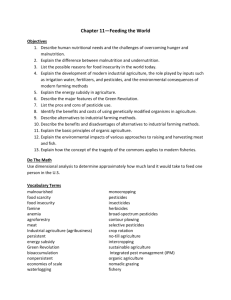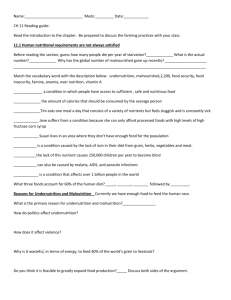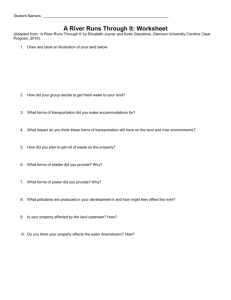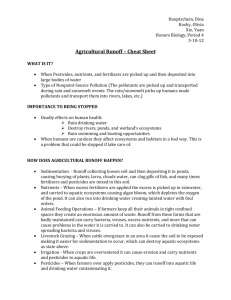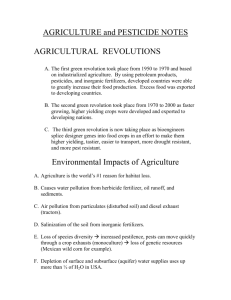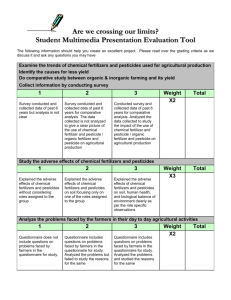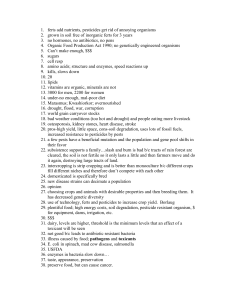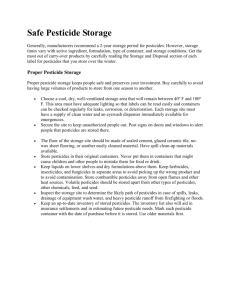File
advertisement
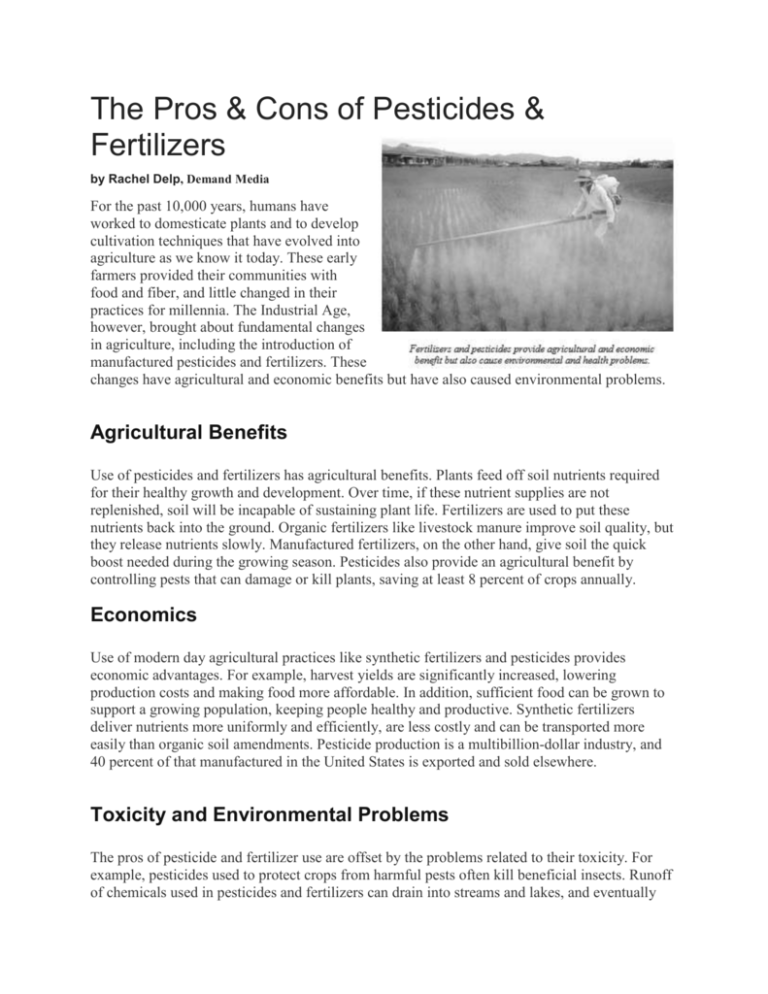
The Pros & Cons of Pesticides & Fertilizers by Rachel Delp, Demand Media For the past 10,000 years, humans have worked to domesticate plants and to develop cultivation techniques that have evolved into agriculture as we know it today. These early farmers provided their communities with food and fiber, and little changed in their practices for millennia. The Industrial Age, however, brought about fundamental changes in agriculture, including the introduction of manufactured pesticides and fertilizers. These changes have agricultural and economic benefits but have also caused environmental problems. Agricultural Benefits Use of pesticides and fertilizers has agricultural benefits. Plants feed off soil nutrients required for their healthy growth and development. Over time, if these nutrient supplies are not replenished, soil will be incapable of sustaining plant life. Fertilizers are used to put these nutrients back into the ground. Organic fertilizers like livestock manure improve soil quality, but they release nutrients slowly. Manufactured fertilizers, on the other hand, give soil the quick boost needed during the growing season. Pesticides also provide an agricultural benefit by controlling pests that can damage or kill plants, saving at least 8 percent of crops annually. Economics Use of modern day agricultural practices like synthetic fertilizers and pesticides provides economic advantages. For example, harvest yields are significantly increased, lowering production costs and making food more affordable. In addition, sufficient food can be grown to support a growing population, keeping people healthy and productive. Synthetic fertilizers deliver nutrients more uniformly and efficiently, are less costly and can be transported more easily than organic soil amendments. Pesticide production is a multibillion-dollar industry, and 40 percent of that manufactured in the United States is exported and sold elsewhere. Toxicity and Environmental Problems The pros of pesticide and fertilizer use are offset by the problems related to their toxicity. For example, pesticides used to protect crops from harmful pests often kill beneficial insects. Runoff of chemicals used in pesticides and fertilizers can drain into streams and lakes, and eventually our water supplies. Excess nitrogen from fertilizer runoff can cause excessive algae growth in rivers and lakes. Pesticides can also adversely affect the health of people who use them, as well as people who live near large agricultural areas, not to mention those who consume food treated with chemical pesticides. As many as 20,000 Americans suffer from pesticide poisoning each year, and the World Health Organization estimates 1 to 5 million people worldwide are affected by pesticide poisoning annually. Resistance Genetic resistance is a problem associated with the use of pesticides. The number of weeds and insect pests that have become resistant to at least one pesticide has increased fivefold since the 1950s. As a result, despite certain agricultural advances, more crops today are destroyed by pests than in the 1940s.
